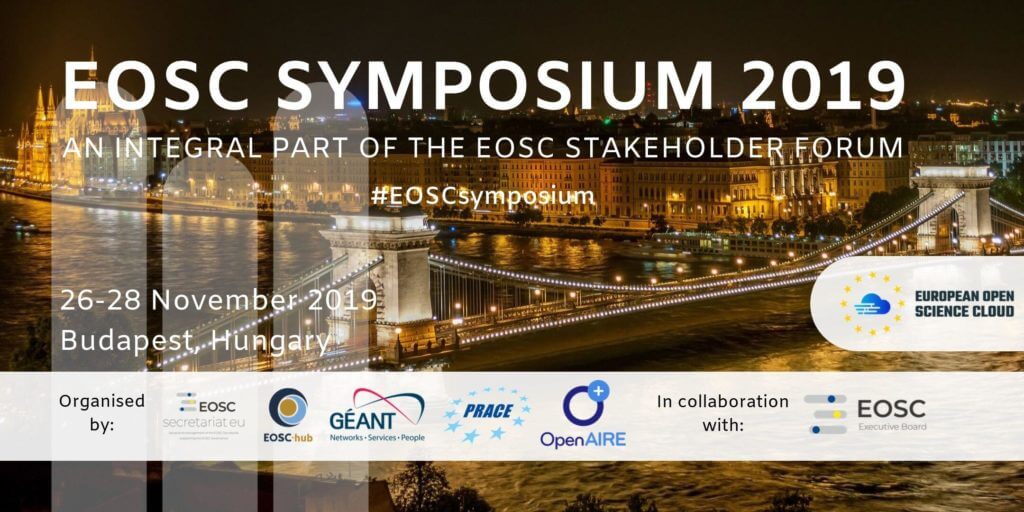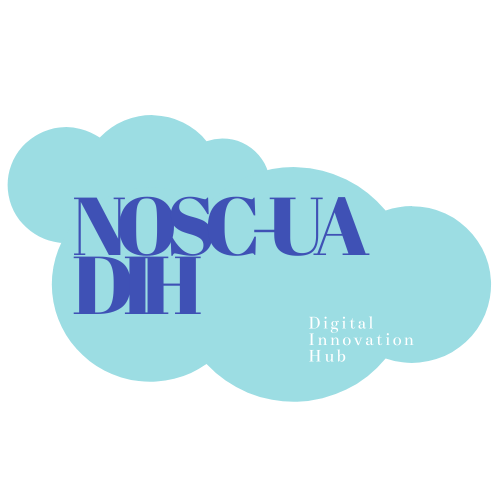
The European Open Science Cloud (EOSC) is an initiative by the European Commission (EC) to provide researchers, and science and technology professionals the means to collaborate on some of the world’s most pressing societal challenges like never before.
EOSC represents a key aspect of the EU Digital Single Market in terms of increasing digitization in society, and putting Europe’s digital assets at the disposal of scientists in order to address the societal challenges that Europe faces. For science to achieve this, the perfect conditions are required and the EOSC is a key element of these conditions. The EOSC represents a unique opportunity for Europe to ensure services and data for scientists are of a high quality.
The vision of EOSC was conceived in 2015, and was officially launched in November 2018, with access to initial services via the EOSC Portal. The EC provides financial support to implement the EOSC by means of projects under the EU Framework Program for Research and Innovation (Horizon 2020).
EOSC aims to become Europe’s trusted virtual environment for 1.7 million European researchers and 70 million professionals in science, technology, the humanities and social sciences to store, manage, analyze and re-use data for research, innovation and educational purposes, as well as to support EU science in its global leading role. As its vision says: “to give Europe a global lead in scientific data infrastructures and to ensure that European scientists reap the full benefits of data-driven science.”
The initiative reinforces Open Science, Open Innovation and Open to the world policies. It will
- foster best practices of global data findability and accessibility;
- help researchers get their data skills recognized and rewarded;
- help address issues of access and copyright and data subject privacy;
- allow easier replicability of results and limit data wastage;
- contribute to clarification of the funding model for data generation and preservation, reducing rent-seeking and priming the market for innovative research services.
These concepts promote the idea of opening up European research and innovation systems to move towards a reality where knowledge is created through global collaborations.
EOSC will take advantage of the contribution of many projects (including RDA Europe , EOSC-Hub , OpenAIRE , eInfraCentral and EOSCpilot ) and discussion groups; each likely to generate its own recommendations or preferences. It will not replace existing infrastructures, but rely on them and allow users to work in multiple ecosystems owing to the interoperability of EOSC systems. They will see EOSC as an entry point to find, access and use services from multiple infrastructures. It will be open to countries outside the EU as well.
EOSC is managed by the 12-member Executive Board, a body of representatives from the research and e-infrastructures communities, appointed by the EC. The Executive Board is chaired by Karel Luyben (European Association of Universities of Technology – CESAER) and Cathrin Stöver (GÉANT). All Executive Board members are appointed in a personal capacity and represent Pan-European organizations of relevant for the EOSC implementation.
The first version of the EOSC Work Plan was released by the Executive Board on October 15, 2019, and it outlines the key outputs which will be delivered in the first phase of implementation.
The need for an operational framework supporting the overall governance of EOSC is addressed by the EOSC Secretariat, led by a lean consortium of experienced and complementary partners. The EOSC Symposium is co-organized by the EOSC Secretariat and the main ICT e-infrastructures initiatives: EOSC-hub, GEANT, OpenAIRE and PRACE in collaboration with the EOSC Governance Board, Executive Board and its Working Groups (Architecture, FAIR, Landscape, Rules of Participation, Sustainability).
EOSC Symposium, taking place between November 26 and 28, 2019, in Budapest, Hungary, will bring together all interested stakeholders to discuss and contribute to the implementation of EOSC. The symposium will provide answers to questions like “What is EOSC going to give me that I don’t have today?” or “Is EOSC only for researchers?”.
